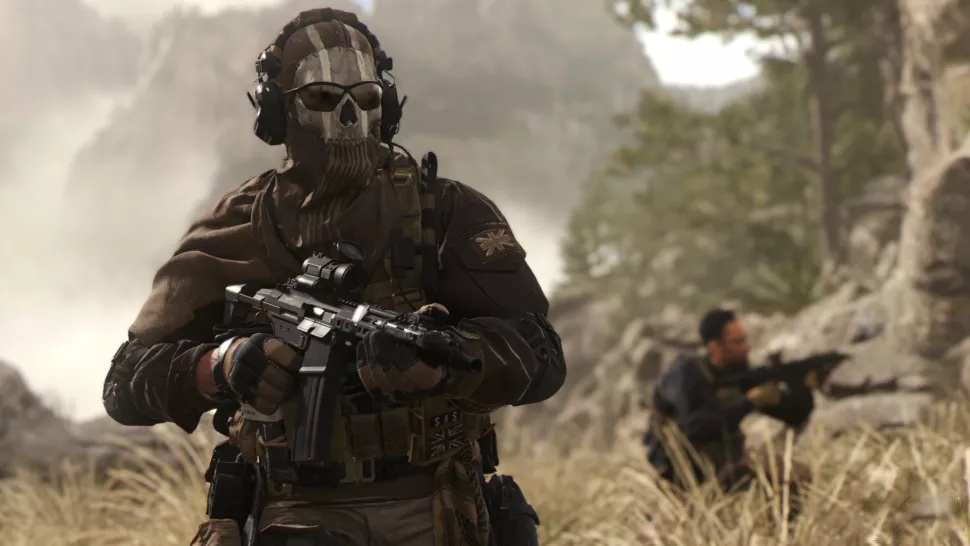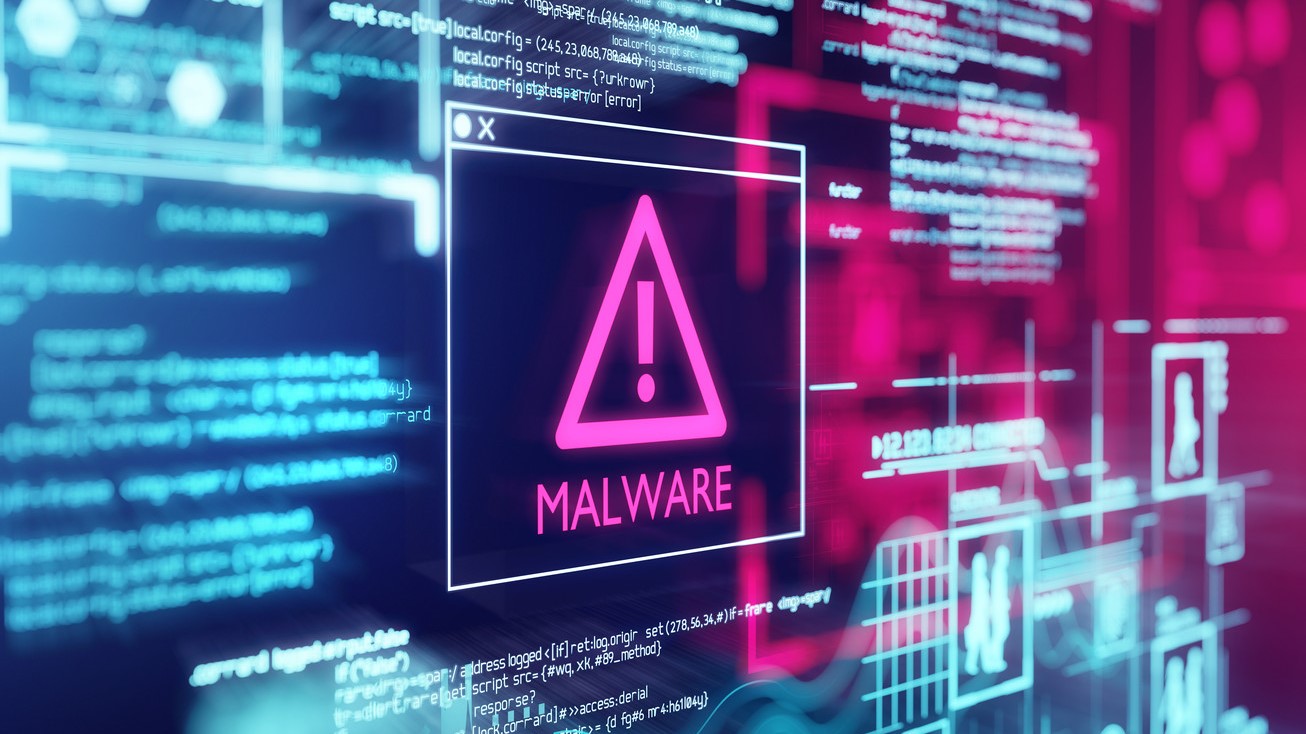Call of Duty multiplayer taken offline following malware attack — what you need to know
Players looking for an online match were infected with malware instead

Update: Call of Duty: Modern Warfare 2 (2009) is now back on Steam following the release of a patch to address the issues described below. The original story follows:
Activision has taken an old, yet still quite popular Call of Duty game offline following a malware attack orchestrated by hackers on Steam.
Despite the fact that a remake of Call of Duty: Modern Warfare 2 was released last year, the original game from 2009 is available to play on Steam and draws in hundreds of players each day. It’s also a lot cheaper at $20 vs $70 which could be why it remains quite popular even though the game is more than a decade old.
However, as reported by TechCrunch, a Steam user took to the service’s forums yesterday (July 26) to alert other Call of Duty players that attackers were “using hacked lobbies” to spread malware. While the malware in question doesn’t have a name, it is listed on VirusTotal which is an online malware repository.
In the forum post, another Call of Duty player explained that they had analyzed the malware and it appears to be a worm based on a series of text strings contained within it. TechCrunch also spoke with an anonymous game industry insider who confirmed that the Steam user’s analysis was accurate.
Self-spreading malware

Unlike other malware that’s spread through phishing attacks or malicious apps, this malware strain is a worm that’s spread through the online lobbies for Call of Duty Modern Warfare 2’s multiplayer component.
Just like a real virus, it can automatically jump from one infected player to another. This likely indicates that the hackers behind this campaign have found one or even several vulnerabilities in the game that they’re exploiting to execute malicious code on the computers of other Call of Duty players.
Get instant access to breaking news, the hottest reviews, great deals and helpful tips.
This is why the official Call of Duty Updates account has announced on Twitter that Multiplayer for Call of Duty: Modern Warfare 2 (2009) has been taken offline while an investigation into the issue is being conducted.
While we’ll have to wait and see what happens, the most likely outcome will be that Activision releases a patch which addresses the issues hackers have been exploiting to spread malware before the game’s multiplayer lobbies are brought back online.
How to stay safe when gaming online

In order to protect yourself from malware and other viruses when gaming online, you’re going to want to take the same steps you do when checking your inbox. This means not opening links or attachments from unknown senders and always being careful not to reveal your personal information when in multiplayer lobbies.
At the same time, you’re going to want to stick to official PC game stores like Steam or the Epic Games Store instead of trying to download games illegally. Pirating games not only hurts their developers but also puts you at risk as cracked games often contain malware or other viruses.
Likewise, you should also have one of the best antivirus software solutions installed on your gaming PC to protect you from malware. If you’re on a tight budget though, Microsoft’s own Windows Defender can certainly do the trick though you often get useful extras like a password manager, VPN and even cloud storage with paid antivirus software. For complete online protection though, you should check out the best internet security suites.
Now that gaming is more popular than ever, hackers will likely continue to target gamers in their attacks. However, by being careful online and securing your gaming PC with a good antivirus, you can avoid falling victim to these kinds of attacks.
More from Tom's Guide

Anthony Spadafora is the managing editor for security and home office furniture at Tom’s Guide where he covers everything from data breaches to password managers and the best way to cover your whole home or business with Wi-Fi. He also reviews standing desks, office chairs and other home office accessories with a penchant for building desk setups. Before joining the team, Anthony wrote for ITProPortal while living in Korea and later for TechRadar Pro after moving back to the US. Based in Houston, Texas, when he’s not writing Anthony can be found tinkering with PCs and game consoles, managing cables and upgrading his smart home.
 Club Benefits
Club Benefits





